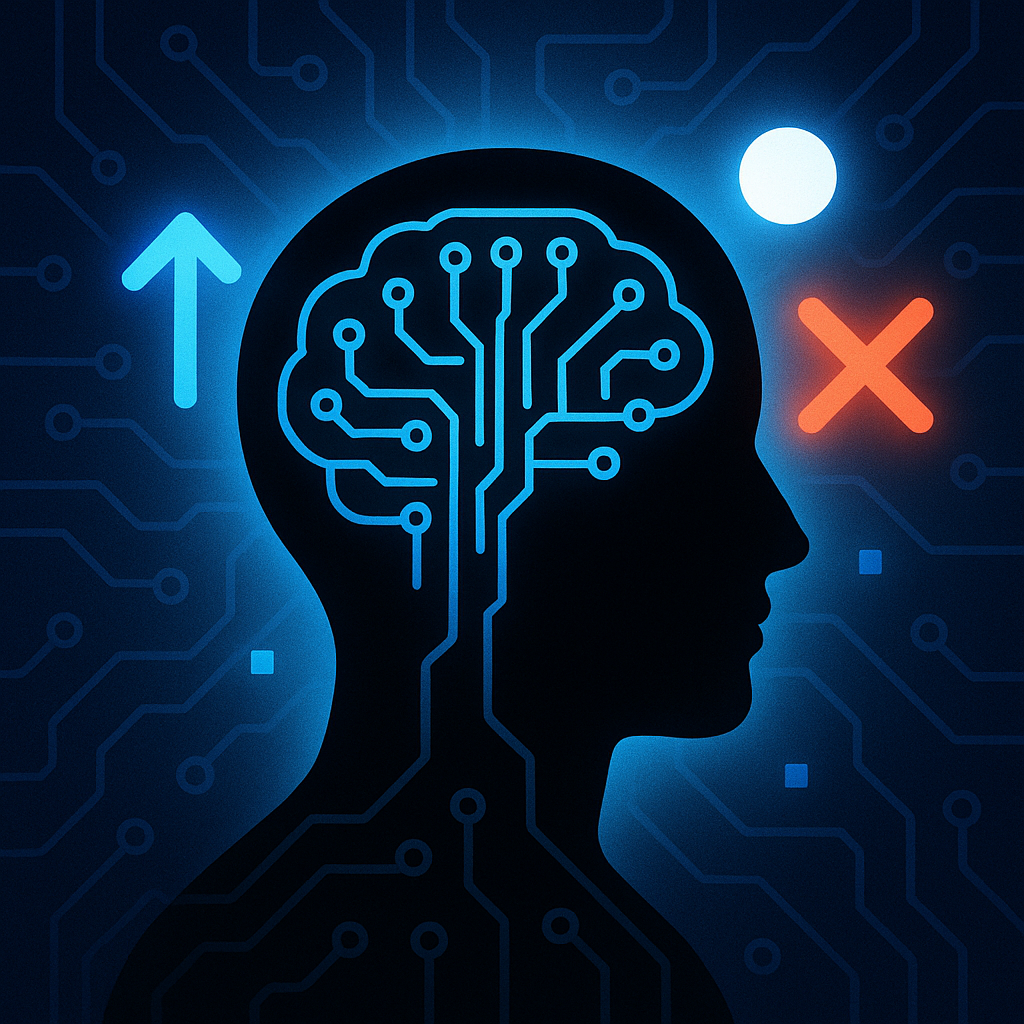Teaching LLMs to Decide Better, One Regret at a Time

LLMs are starting to act as “agents,” making choices in dynamic settings—but they often struggle with exploration vs. exploitation and rack up high regret (missed reward vs. the best strategy in hindsight).
A new approach, Iterative Regret-Minimization Fine-Tuning (Iterative RMFT), trains models to decide better by learning from their own best trials:
- Roll out many decision trajectories.
- Pick the k lowest‑regret ones.
- Fine-tune the model on those trajectories and their natural‑language reasoning.
- Repeat.
Unlike methods that copy fixed algorithms or rely on rigid chain‑of‑thought templates, Iterative RMFT uses regret as the signal—letting the model surface its own rationales without heavy output engineering.
Results: improved decision-making across different model types (from numeric I/O Transformers to open‑weight LLMs and even GPT‑4o mini) and across tasks with varied horizons, action spaces, rewards, and language contexts. Theory also shows a single‑layer Transformer can be a no‑regret learner in a simplified setting.
Why it matters: fewer brittle prompts, more adaptable, lower‑regret AI agents. Paper by Park, Chen, Ozdaglar, Zhang. Link: http://arxiv.org/abs/2511.04393v1
Paper: http://arxiv.org/abs/2511.04393v1
Register: https://www.AiFeta.com
AI LLM Agents DecisionMaking ReinforcementLearning MachineLearning Research




